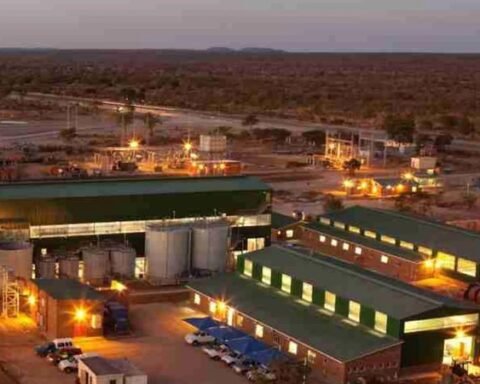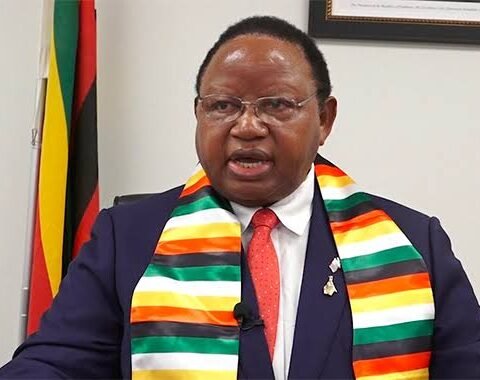Zimbabwe’s ruling party, ZANU PF, is reportedly contemplating a significant overhaul of the country’s presidential election mechanism, potentially shifting from direct public voting to a parliamentary system similar to South Africa’s. This proposed change aims to enhance the proportional representation model, allowing the National Assembly to elect the President.
Investigative journalist Hopewell Chin’ono has disclosed that high-ranking officials within the ZANU PF-led government are actively discussing this pivot away from the first-past-the-post system. The move is seen as an attempt to address the party’s perceived vulnerabilities in presidential races, where its candidates have encountered stiff competition from opposition figures in the last six elections.
The adjustment would align Zimbabwe’s electoral process more closely with that of South Africa, where voters select a political party rather than individual candidates during general elections. This system tallies votes nationally to determine the distribution of seats in the National Assembly, from which the President is subsequently elected. The elected President resigns their seat in the National Assembly to assume the nation’s highest office.
According to Chin’ono, this potential shift is motivated by ZANU PF’s observation of its comparative advantage in parliamentary contests over its performance in presidential elections. Conversely, opposition parties have seen their presidential candidates garner more popularity than their parliamentary candidates, a trend the proposed system could invert.
Justice, Legal, and Parliamentary Affairs Minister Ziyambi Ziyambi has also mentioned additional constitutional changes under consideration, including transferring voter registration responsibilities from the Zimbabwe Electoral Commission (ZEC) to the Civil Registry Department. These proposals reportedly incorporate feedback from opposition legislators in the lead-up to the 2023 general elections, setting the stage for a dramatic transformation in Zimbabwe’s electoral architecture.
The contemplation of such a change reflects a strategic recalibration by ZANU PF, aimed at consolidating its grip on power amid shifting political currents. This approach mirrors modifications seen in other nations, like Togo, where similar constitutional amendments have been enacted to centralize electoral power within the parliamentary system.
As Zimbabwe navigates this potential electoral reform, the global community watches closely. The implications for democracy, political representation, and party dynamics within the country are profound, signaling a pivotal moment in Zimbabwe’s ongoing political evolution.








